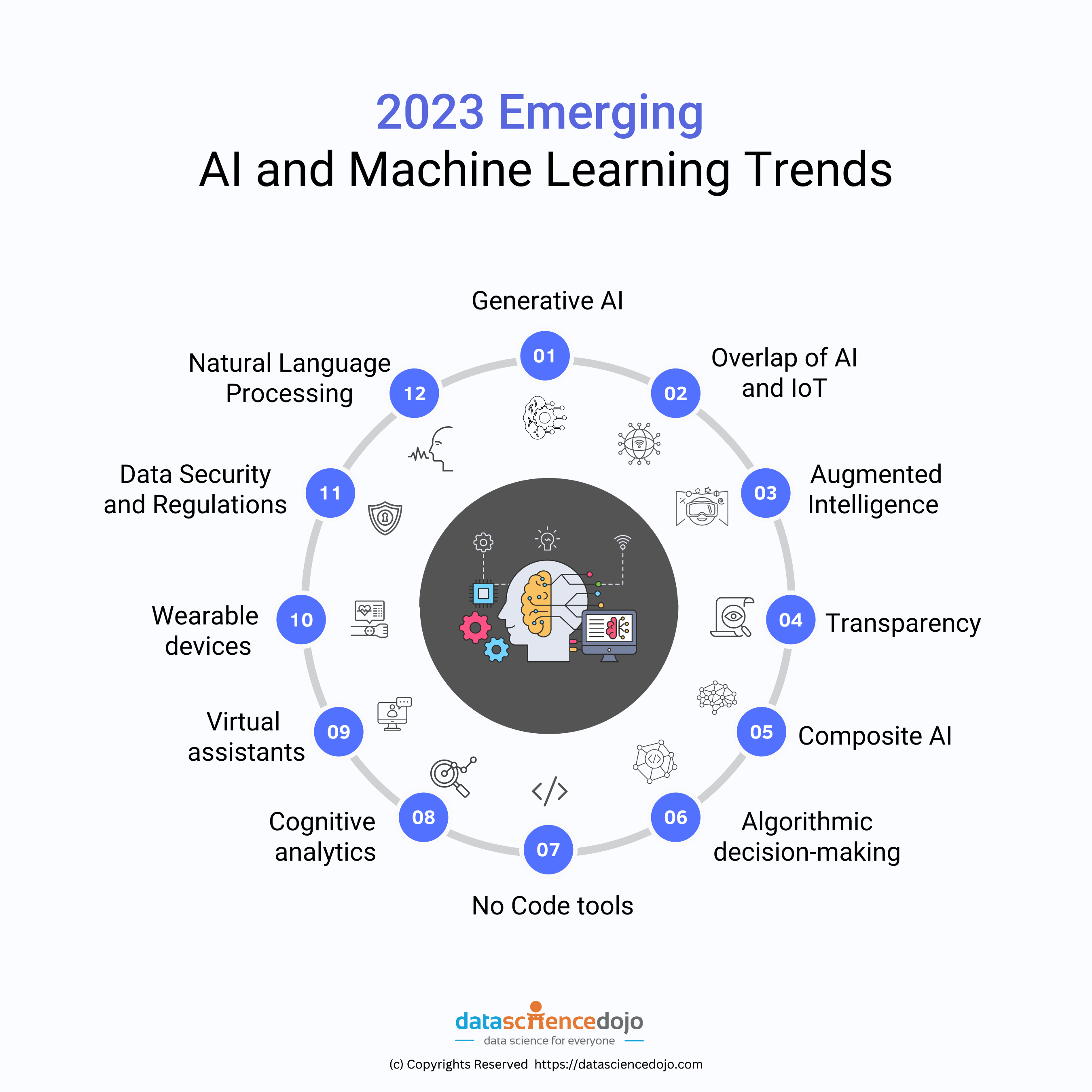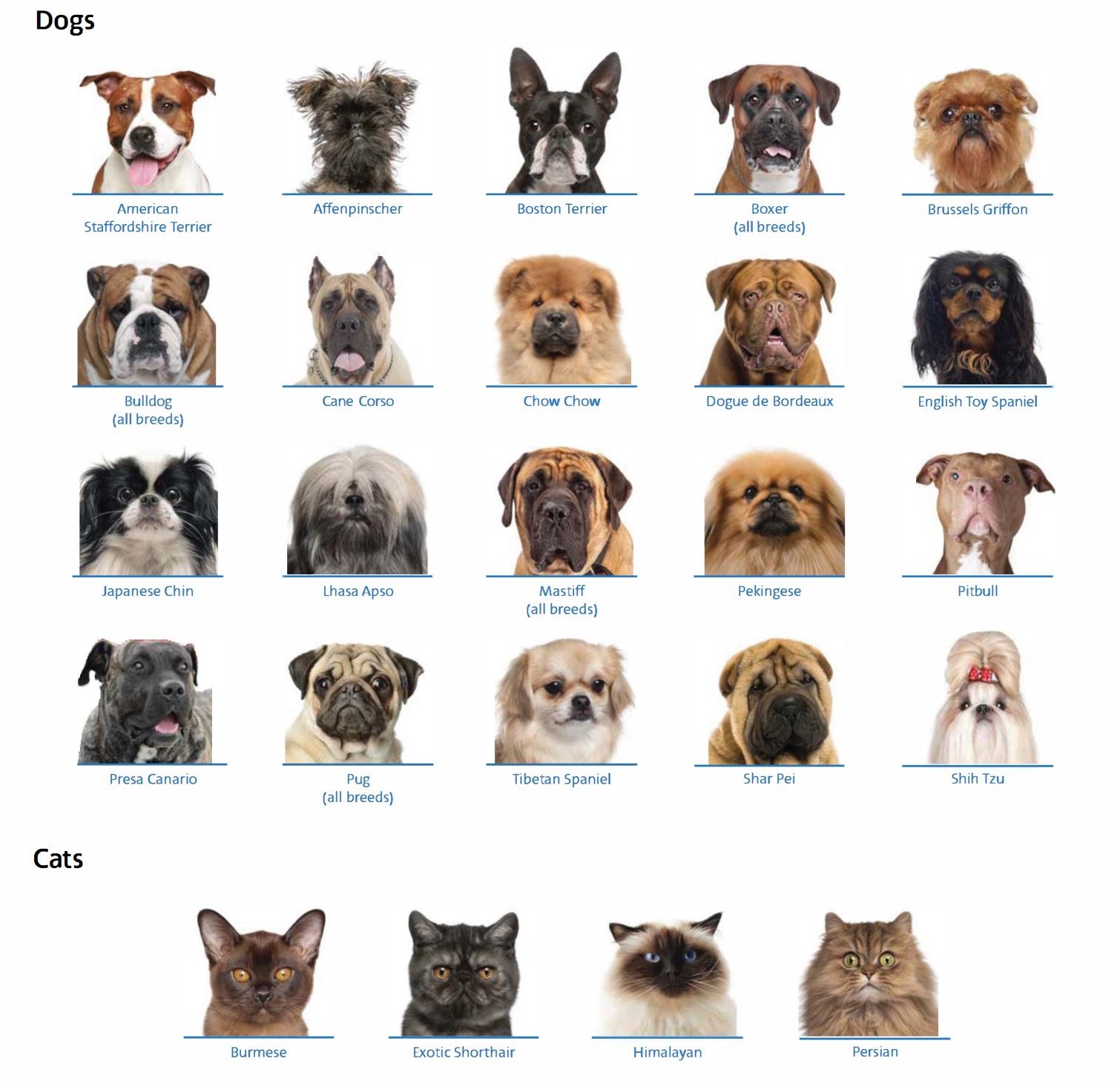AI's Cognitive Limits: An Examination Of Current AI Technology

Table of Contents
Lack of Common Sense Reasoning and World Knowledge
AI's current capabilities are impressive in specific, well-defined tasks. However, a major hurdle is its lack of common sense reasoning and world knowledge. This deficit significantly limits its ability to understand and interact with the world in a way that humans find intuitive.
The Absence of Implicit Understanding
AI struggles with tasks requiring common sense reasoning and implicit knowledge that humans acquire through everyday experiences. It lacks the rich contextual understanding that informs human decision-making. This gap is a core aspect of AI's cognitive limits.
- Difficulty in understanding nuanced language and implicit meaning: Sarcasm, metaphors, and subtle cues often go unnoticed by AI, leading to misinterpretations.
- Inability to extrapolate from limited data or make inferences based on incomplete information: AI needs vast amounts of data to function effectively, unlike humans who can draw conclusions from sparse information.
- Challenges in handling unexpected situations or deviations from pre-programmed scenarios: AI systems often fail when encountering situations outside their training data. This fragility is a key limitation in real-world applications.
- Limited capacity for reasoning about abstract concepts or hypothetical situations: Complex thought processes that involve abstract thinking are beyond the current capabilities of most AI systems.
Data Dependence and Knowledge Gaps
AI's performance heavily relies on the quantity and quality of training data. Knowledge gaps in the data directly translate to limitations in AI's reasoning capabilities. This data dependency is a significant aspect of AI's cognitive limits.
- Bias in training data can lead to biased AI outputs: If the data used to train an AI system reflects existing societal biases, the AI will perpetuate and even amplify those biases.
- Insufficient data for specific tasks can result in poor performance or failure: The lack of relevant data for certain tasks hinders AI's ability to learn and perform effectively.
- Difficulty in transferring knowledge learned in one domain to another: Current AI models often struggle to generalize knowledge acquired in one context to a different one.
The Limits of Generalization and Adaptability
Current AI systems excel at specific tasks, but their ability to generalize and adapt falls far short of human capabilities. This is a key area where AI's cognitive limits are most apparent.
Narrow vs. General AI
Current AI systems are largely narrow or weak AI, excelling in specific tasks but lacking the general intelligence and adaptability of humans. The pursuit of Artificial General Intelligence (AGI) aims to overcome these limits.
- Difficulty in learning new tasks quickly or adapting to changing environments: Training AI for new tasks often requires extensive retraining, unlike humans who can adapt swiftly.
- Limited ability to generalize knowledge from one context to another: AI struggles to transfer skills learned in one domain to another, limiting its versatility.
- Inability to transfer skills learned in one area to a completely different domain: This lack of transfer learning is a major constraint on the broader application of AI.
The Challenge of Continual Learning
Humans constantly learn and adapt; current AI models struggle with continual learning and efficiently updating their knowledge. This is a critical aspect of AI's cognitive limits.
- Difficulty in incorporating new information without forgetting previously learned knowledge (catastrophic forgetting): This represents a major challenge in developing truly adaptable AI systems.
- Inefficient methods for updating existing models to adapt to new data: Current methods for updating AI models are often resource-intensive and time-consuming.
- Need for large amounts of data and computational resources for retraining: Retraining AI models requires substantial computational power and data, making continual learning expensive and challenging.
Emotional Intelligence and Social Cognition
A significant area where AI falls short is emotional intelligence and social cognition. These are crucial aspects of human interaction, highlighting another significant aspect of AI's cognitive limits.
Absence of Empathy and Emotional Understanding
AI currently lacks the capacity for empathy, emotional intelligence, and social cognition.
- Inability to understand or respond appropriately to human emotions: AI struggles to interpret and react appropriately to human emotional cues.
- Difficulty in navigating complex social situations or interpreting non-verbal cues: Understanding subtleties in human interaction is a significant challenge for AI.
- Limited capacity for building meaningful relationships or understanding human motivations: AI lacks the nuanced understanding of human behavior necessary for forming meaningful connections.
Ethical Implications of Lack of Social Understanding
The absence of emotional intelligence in AI raises ethical concerns across various applications.
- Potential for biased or insensitive AI systems: AI systems can reflect and amplify existing societal biases, leading to unfair or discriminatory outcomes.
- Risk of misinterpreting human needs or intentions: The inability to understand human emotions can lead to misunderstandings and inappropriate responses.
- Importance of designing AI systems that are ethically sound and socially responsible: Addressing this aspect is crucial for ensuring responsible AI development and deployment.
Conclusion
While AI has achieved remarkable feats, understanding AI's cognitive limits is crucial for responsible development and deployment. The challenges of common sense reasoning, generalization, and emotional intelligence highlight the significant gap between artificial and human intelligence. Addressing these limitations is key to unlocking the full potential of AI. Future research should focus on developing more robust, adaptable, and ethically sound AI systems that better reflect human cognitive capabilities. Further exploration into overcoming AI's cognitive limits is essential for creating a more beneficial and responsible future with artificial intelligence. Let's continue to explore and push the boundaries of AI, while always mindful of its inherent limitations.

Featured Posts
-
 Get Capital Summertime Ball 2025 Tickets A Step By Step Guide
Apr 29, 2025
Get Capital Summertime Ball 2025 Tickets A Step By Step Guide
Apr 29, 2025 -
 Jeff Goldblums The Fly Performance An Oscar Snub
Apr 29, 2025
Jeff Goldblums The Fly Performance An Oscar Snub
Apr 29, 2025 -
 China Market Headwinds Bmw Porsche And The Struggle For Growth
Apr 29, 2025
China Market Headwinds Bmw Porsche And The Struggle For Growth
Apr 29, 2025 -
 Crack The Code 5 Dos And Don Ts For Private Credit Jobs
Apr 29, 2025
Crack The Code 5 Dos And Don Ts For Private Credit Jobs
Apr 29, 2025 -
 Chicagos Zombie Office Buildings A Real Estate Market Meltdown
Apr 29, 2025
Chicagos Zombie Office Buildings A Real Estate Market Meltdown
Apr 29, 2025
Latest Posts
-
 The Most Emotional Rocky Movie According To Sylvester Stallone
May 12, 2025
The Most Emotional Rocky Movie According To Sylvester Stallone
May 12, 2025 -
 Which Rocky Movie Touches Sylvester Stallone The Most
May 12, 2025
Which Rocky Movie Touches Sylvester Stallone The Most
May 12, 2025 -
 Stallone Reveals His Top Rocky Movie A Touching Choice
May 12, 2025
Stallone Reveals His Top Rocky Movie A Touching Choice
May 12, 2025 -
 Sylvester Stallone Picks His Most Emotional Rocky Film
May 12, 2025
Sylvester Stallone Picks His Most Emotional Rocky Film
May 12, 2025 -
 Sylvester Stallones Favorite Rocky Movie The Franchises Most Emotional Entry
May 12, 2025
Sylvester Stallones Favorite Rocky Movie The Franchises Most Emotional Entry
May 12, 2025
